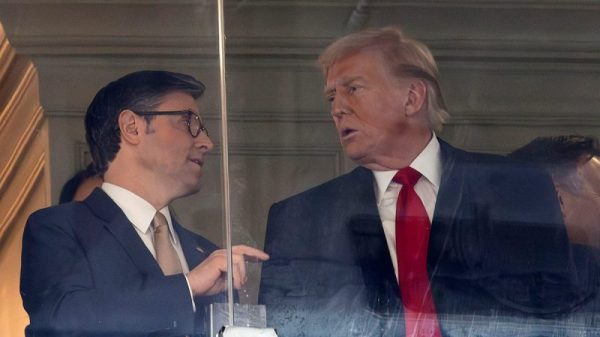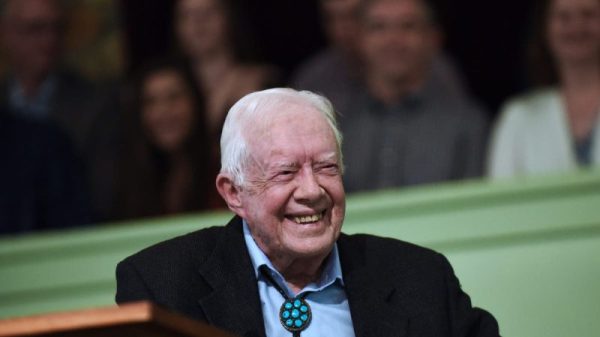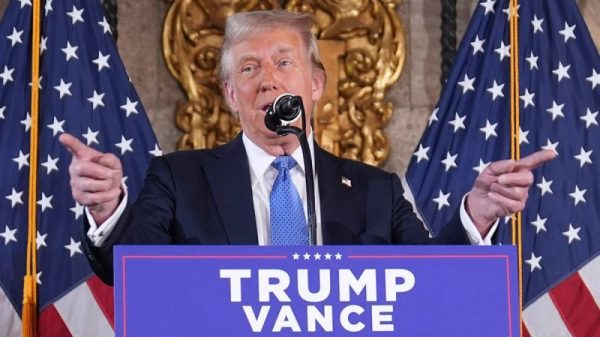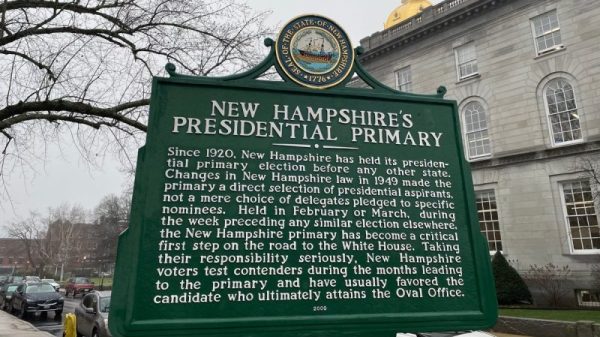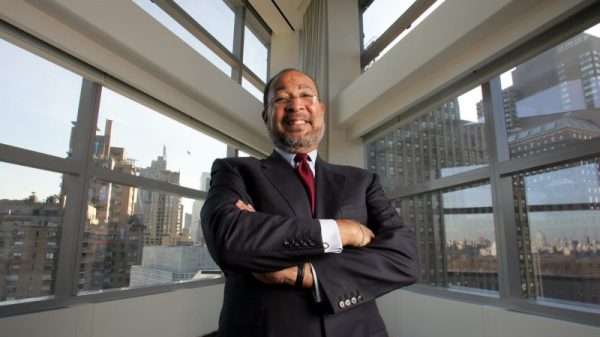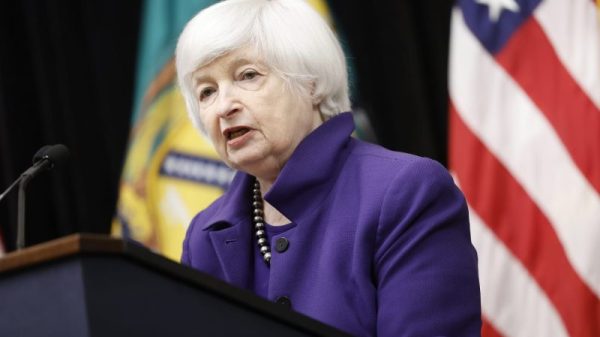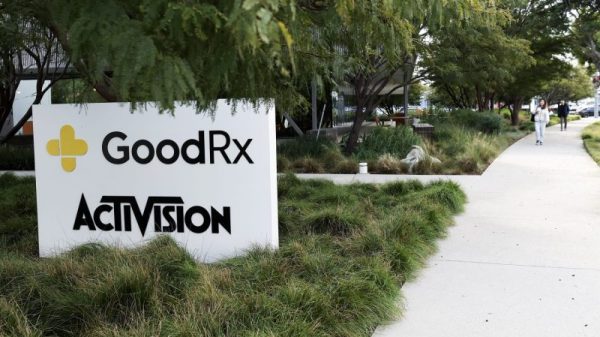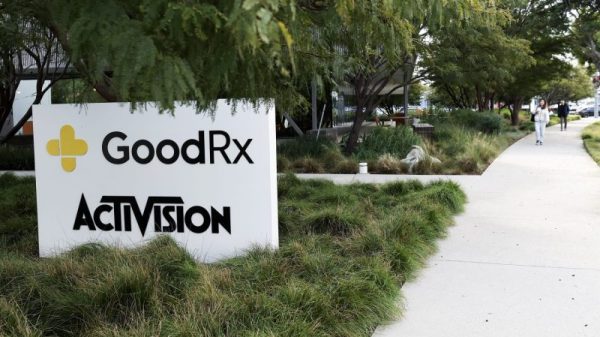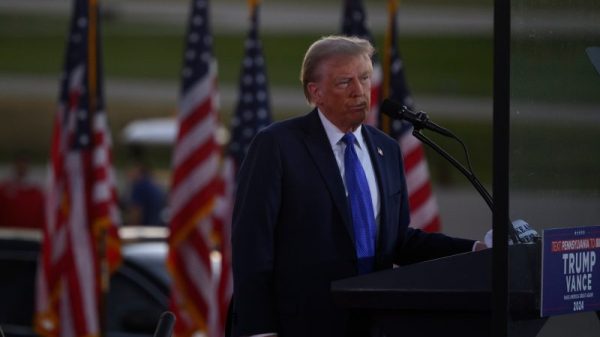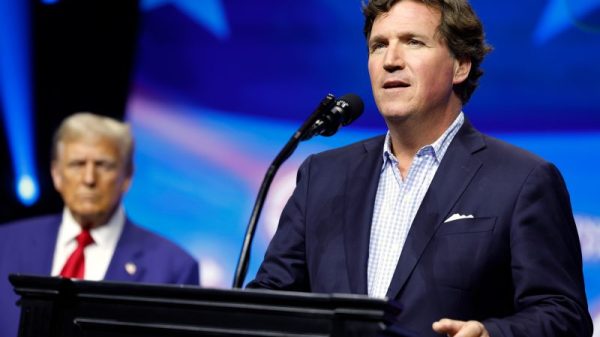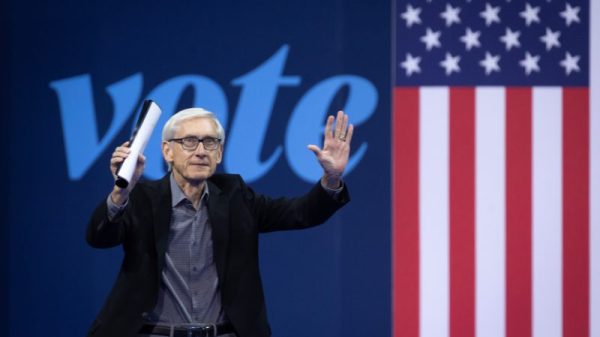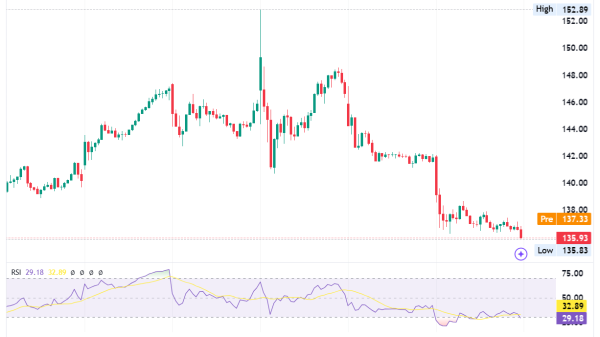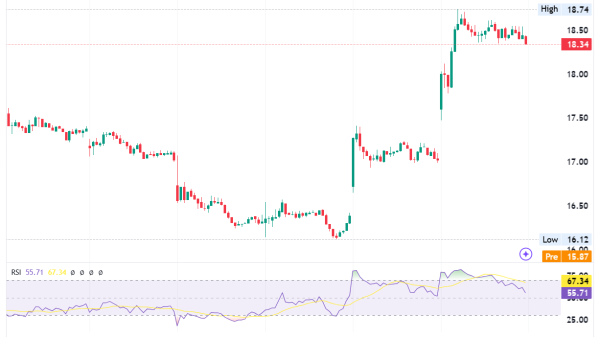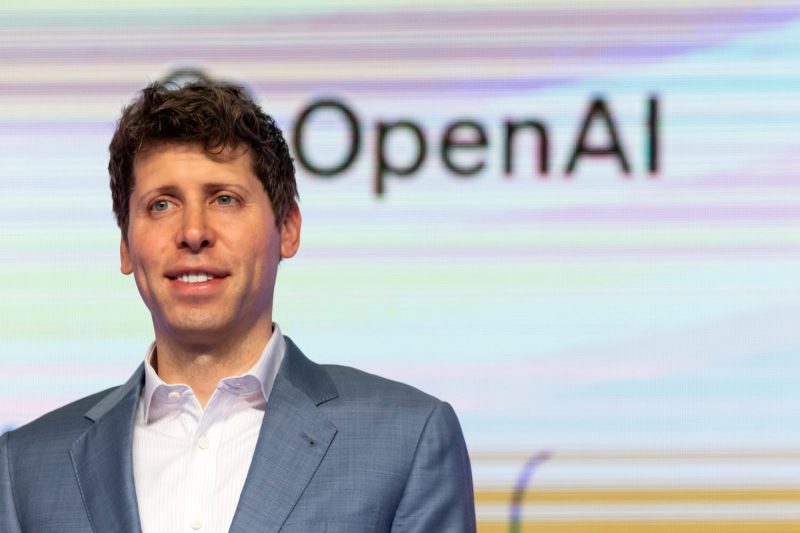OpenAI’s “12 Days of Shipmas,” which wrapped up on Friday, brought a sense of levity to end the year. The marketing blitz served as a way for the high-profile and controversial AI startup to show it can release an extensive roster of new features and tools while also having some fun.
But when the calendar turns, the company faces some serious challenges. Most notably, there’s co-founder Elon Musk, who now runs rival startup xAI, and is in the midst of a heated legal battle with OpenAI CEO Sam Altman that could have a big impact on the company’s future.
The threat Musk poses to OpenAI is even more significant considering the hefty amount of influence the world’s richest person is poised to assume as part of the incoming Trump administration.
In recent months, Musk has sued Microsoft-backed OpenAI and asked a court to stop the company from converting to a for-profit corporation from a nonprofit. In posts on X, he described that effort as a “total scam” and claimed that “OpenAI is evil.” At The New York Times’ DealBook Summit earlier this month, Altman said he views xAI as a “fierce competitor.”
The pressure on OpenAI is tied in large part to its $157 billion valuation, achieved in the two years since the company launched its viral chatbot, ChatGPT, and kicked off the boom in generative AI. OpenAI closed its latest $6.6 billion round in October, gearing up to aggressively compete with xAI as well as Microsoft, Google, Amazon and Anthropic in a market that’s predicted to top $1 trillion in revenue within a decade.
Alongside the drama swirling around OpenAI and Altman, the Shipmas shtick served as a way for the company to shift the focus to its technology and generate buzz for its products.
The most significant release over the 12 days was the public launch of Sora, OpenAI’s much-hyped video-generation tool, on Dec. 9.
Using Sora, which OpenAI first announced in February, is relatively simple: A user types out a desired scene, and the engine will return a high-definition video clip. Sora can also create clips inspired by still images and extend existing videos or fill in missing frames. While other AI video tools are available, Sora has been by far the most anticipated because of the power of OpenAI’s large language models.
On Wednesday, OpenAI gave users a new way to talk to its viral chatbot: 1-800-CHATGPT. Those in the U.S. can dial the number (1-800-242-8478) for 15 minutes free per month, OpenAI said, and WhatsApp users globally can message the chatbot at the same number.
Other announcements included the full release of OpenAI’s new o1 AI model focused on reasoning, a demo of video and screen-sharing options in ChatGPT’s Advanced Voice Mode, the ability to organize work into “Projects” within ChatGPT, a wider rollout of ChatGPT Search and new developer tools. The company also used the marketing push to talk about its integration with Apple for the iPhone, iPad and macOS.
OpenAI closed out its 12-day run of releases on Friday by announcing its newest frontier model, o3, as well as o3 mini. On a livestream, Altman said the company would not publicly launch the models Friday but would make them immediately available for public safety testing.
The company launched o1 in September, and in skipping straight to o3, Altman said he’s continuing “the grand tradition of OpenAI being really, truly bad at names.”
The campaign was celebrated in some corners for the company’s ability to make a strong year-end push, and criticized by others as significantly more hype than substance. Either way, OpenAI is well aware that competition is heating up — and quickly.
One of its chief rivals, Amazon-backed Anthropic, was founded by early OpenAI researchers and has been attracting top talent. In May, OpenAI safety leader Jan Leike left OpenAI for Anthropic, and in August, OpenAI co-founder John Schulman announced he was leaving to join the rival startup. They were part of a wave of departures that culminated in September, when three top leaders, most notably technology chief Mira Murati, announced their exits on the same day.
A recent report by Anthropic investor Menlo Ventures found that OpenAI ceded market share this year in enterprise AI, declining from 50% to 34%, while Anthropic doubled its market share from 12% to 24%. The results came from a survey of 600 enterprise IT decision-makers from companies with 50 or more employees, according to the report.
One key area where the two companies appear poised to go head-to-head is in defense, as AI companies walk back earlier bans on military use of their products and enter into partnerships with big players in the industry and the U.S. Department of Defense.
The day before OpenAI’s Shipmas event began, the company announced a partnership with Anduril, allowing the defense tech provider to deploy advanced AI systems for “national security missions.” Last month, Anthropic and defense software vendor Palantir announced a partnership with Amazon Web Services to “provide U.S. intelligence and defense agencies access” to Anthropic’s AI systems.
The primary battle, though, is still for users. Altman said publicly earlier this month that OpenAI now has 300 million weekly active users. Over the next year, the company is reportedly targeting 1 billion.
That level of growth will likely require a pricey marketing push and fast-tracked feature launches, as the company advances in its two-year timeline for transitioning from a nonprofit into a fully for-profit company. Earlier this month, OpenAI announced it had hired its first chief marketing officer, nabbing Kate Rouch from crypto company Coinbase.
Then there’s the increasingly complicated relationship with Microsoft, OpenAI’s lead investor and key cloud provider. While both companies continue to tout the value of their close partnership, there are increasing signs of tension.
Following Altman’s abrupt but short-lived ouster from OpenAI late last year, reports surfaced that Microsoft CEO Satya Nadella was not briefed beforehand. After Altman was quickly reinstated, OpenAI gave Microsoft a non-voting board seat. Microsoft relinquished the position in July.
In March, Nadella brought on Mustafa Suleyman, who had co-founded AI research company DeepMind and sold it to Google in 2014. Suleyman, later co-founded and led startup Inflection AI, and was effectively acquihired by Microsoft.
In its annual report published in July, Microsoft named OpenAI as a competitor, adding the company to a roster that for years has included megacap peers Amazon, Apple, Google and Meta. And in October, OpenAI debuted a search feature within ChatGPT that positions it to better compete with search engines like Google and Microsoft’s Bing.
But the thorniest issue heading into the new year likely involves Musk, who has been a fixture at President-elect Donald Trump’s Mar-a-Lago resort in Florida since the election.
Trump has said in the past that he would repeal President Joe Biden’s AI executive order, issued in October 2023, which introduced new safety assessments, equity and civil rights guidance and research on AI’s impact on the labor market.
Musk is set to to lead the Trump administration’s Department of Government Efficiency (DOGE), which is expected to function as an advisory office, alongside onetime Republican presidential candidate Vivek Ramaswamy. His new role could give Musk, who also runs Tesla and SpaceX and owns social media company X, influence over federal agencies’ budgets, staffing and regulations in ways that favor his companies.
“Starting to feel like The @DOGE has real potential,” Musk posted on X last month.
OpenAI did not provide a comment for the story, and Musk didn’t respond to a request for comment.

